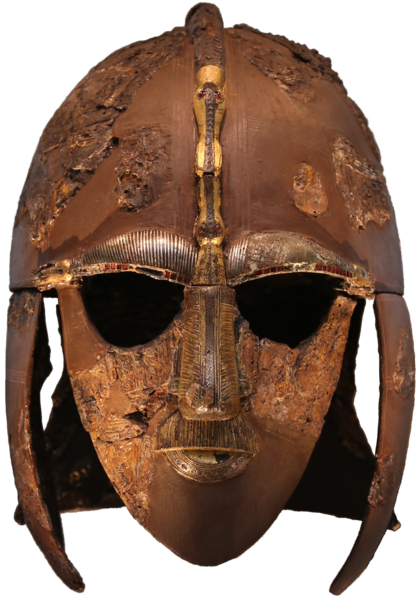Grimoire
Grimoires are known as Books of Spells. They are usually wrote by an individual and used as a source book for all mages to use, and get knowledge from, or personal treatise wrote by a specific mage for their own personal use. Overall grimoires are magical in themselves, even if they don't register as such. This is due to them being items used during rituals that draw magical energy into the local environment. Each grimoire usually has a selection of rites & rituals, these range from making talismans & amulets, to spells, charms, and divination, to the summoning & invoking all manner of otherworldly beings. Also, some have the rituals involving making magical items, and nearly all a list of ingredients & items used in spellcasting, along with a table of sorts for magic correspondences (this basically links all items, spells, otherworldly creatures, ingredients, planets, time of year, or other information pertaining to what the mage is looking to cast or do). Many ceremonial mages, and cunning folk have some form of grimoire, and it is especially common in Europe, and to a lesser degree in the Near East.
Many organizations, especially in the Abrahamic religions split the grimoires into two broad types: natural magic grimoires & demonic magic grimoires. The former was never truly eradicated in Europe & the Near East, and tolerated as they viewed it as helping in local regions that had little access to proper knowledge on day-to-day subjects in more populated region such as medicine and childbirth practises. Also, many religions have off-shoots like the Jewish Kabbalah that have the core beliefs of the faith, yet practise different rites on top of these core beliefs. Many priests & monks in Christianity have slightly differing beliefs too, especially the latter, and have access to books that the core church might not have, allowing them to experiment with subjects that the main religious body could put down to heresy if pushed. It helps them connect with local populations too if there is information as to help them with daily problems, like finding water, a source of food, healing spells & herbs, and driving off evil creatures such as Dark Fey. A classic book here is the Anglo-Saxon leechbooks.
The latter grimoires are condemned by all these organizations, and for some good reasons. These books deal with necromancy, and other divination, along with demonology, and spells that can damage or kill individuals and/or communities. Anyone caught openly using this type of magic in the presence of anyone of faith runs the risk of retribution, especially a fatal form of retribution at that.
Many such books have existed since writing hand been first used. These include the Egyptian Book of the Dead, to cuneiform tablets from the Mesopotamian empire & the city of Uruk. The Gnostic belief also uses these types of book, and they are rumoured to use the Book of Enoch, which gives information about astrology, and dealing with angels. The ancient Greeks, Romans, and Persians all had access to their own grimoires too. One of the most notorious is the Testament of Solomon. It is presently wrote in Greek, along with notes on astrology, and the demons that Solomon used to build the Temple of Jerusalem, and how to force the demons to work using the 'light of God' to command them.
Type
Manual, Magical / Occult



Comments